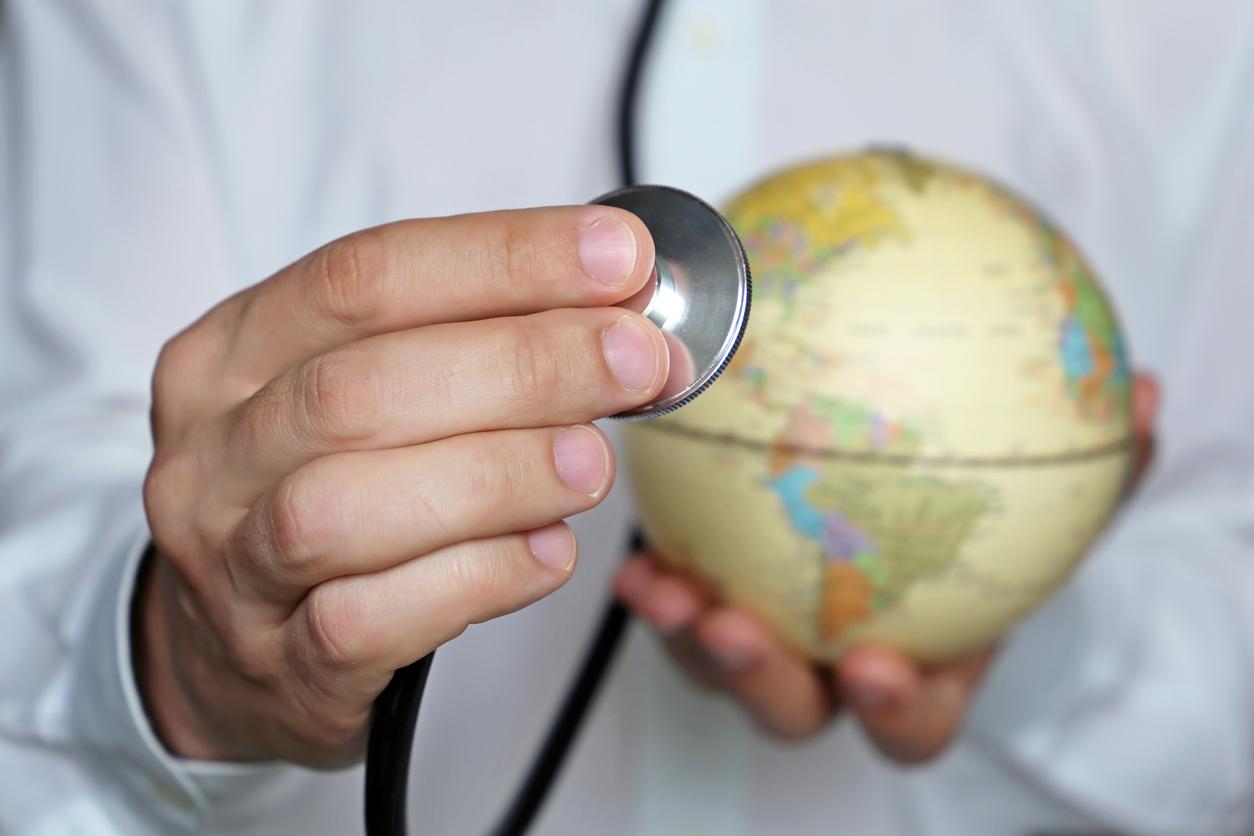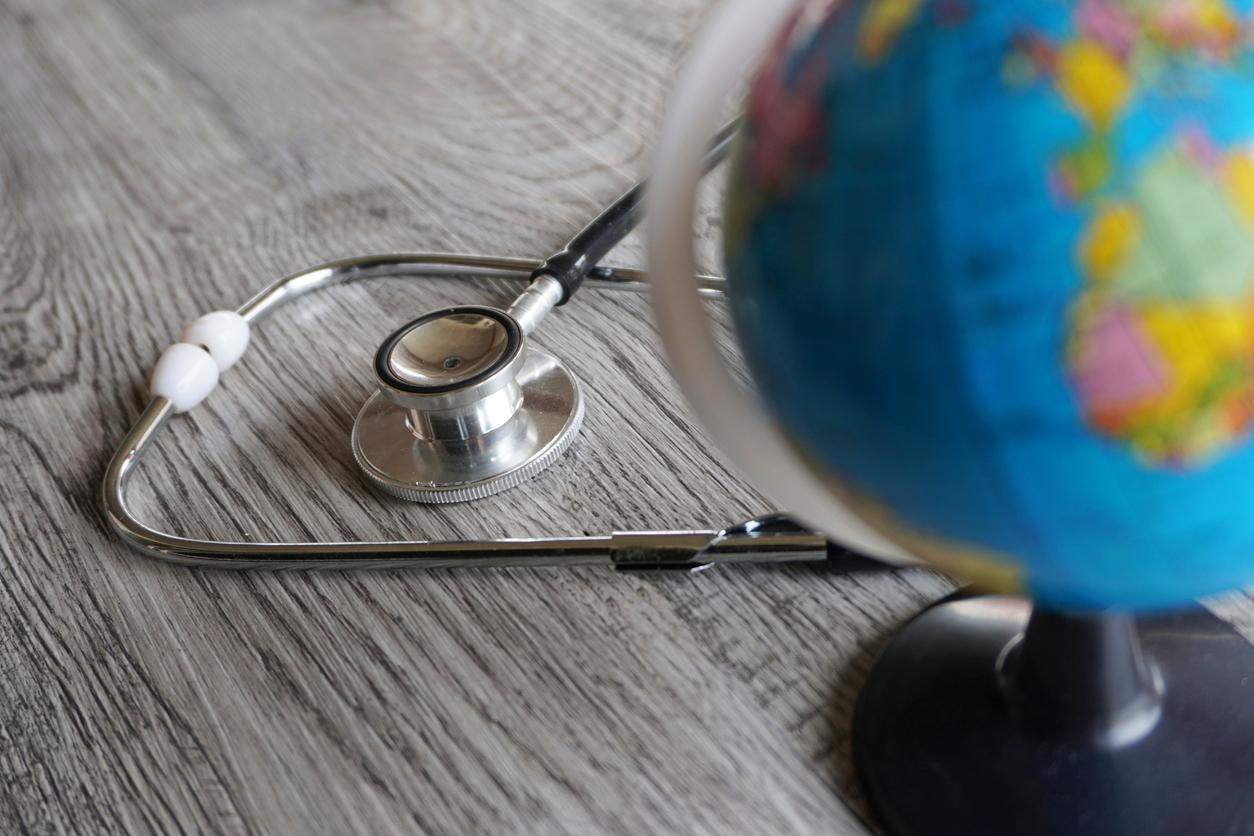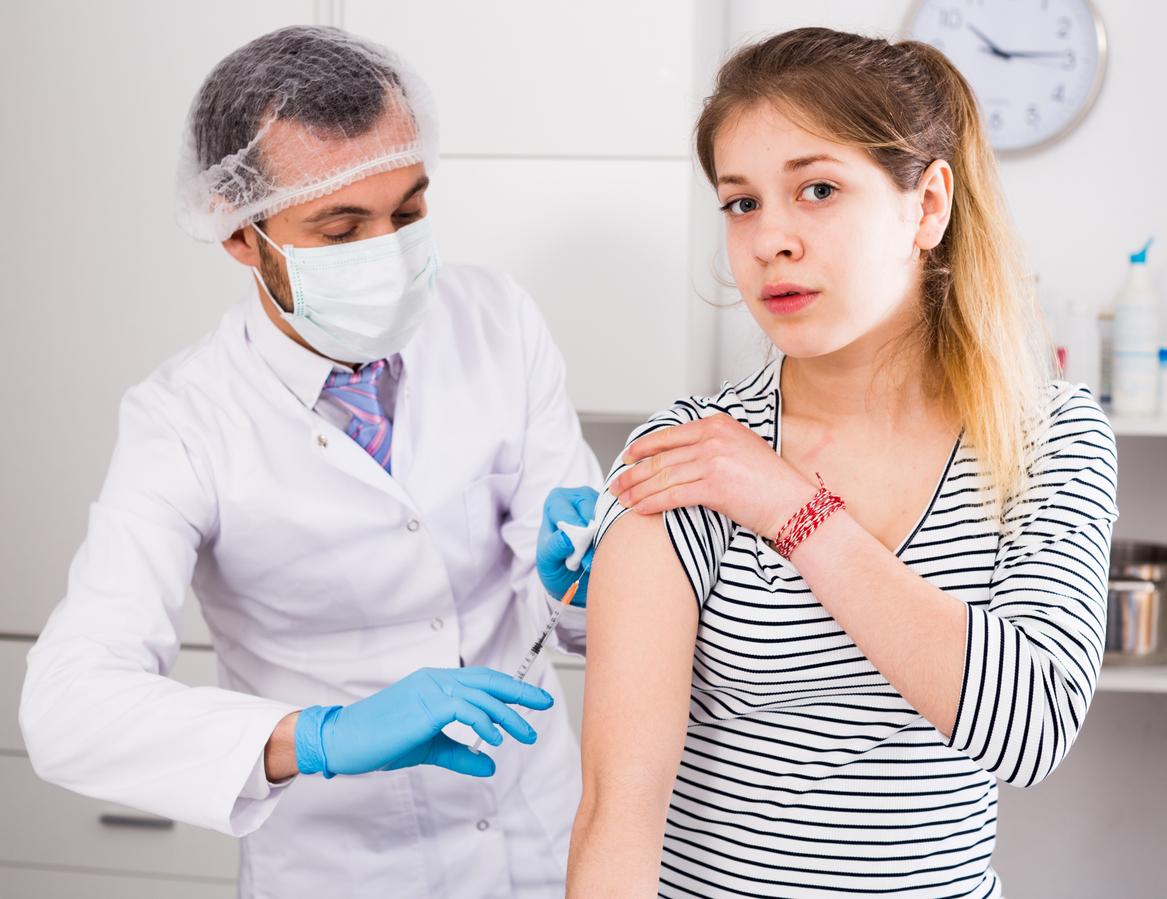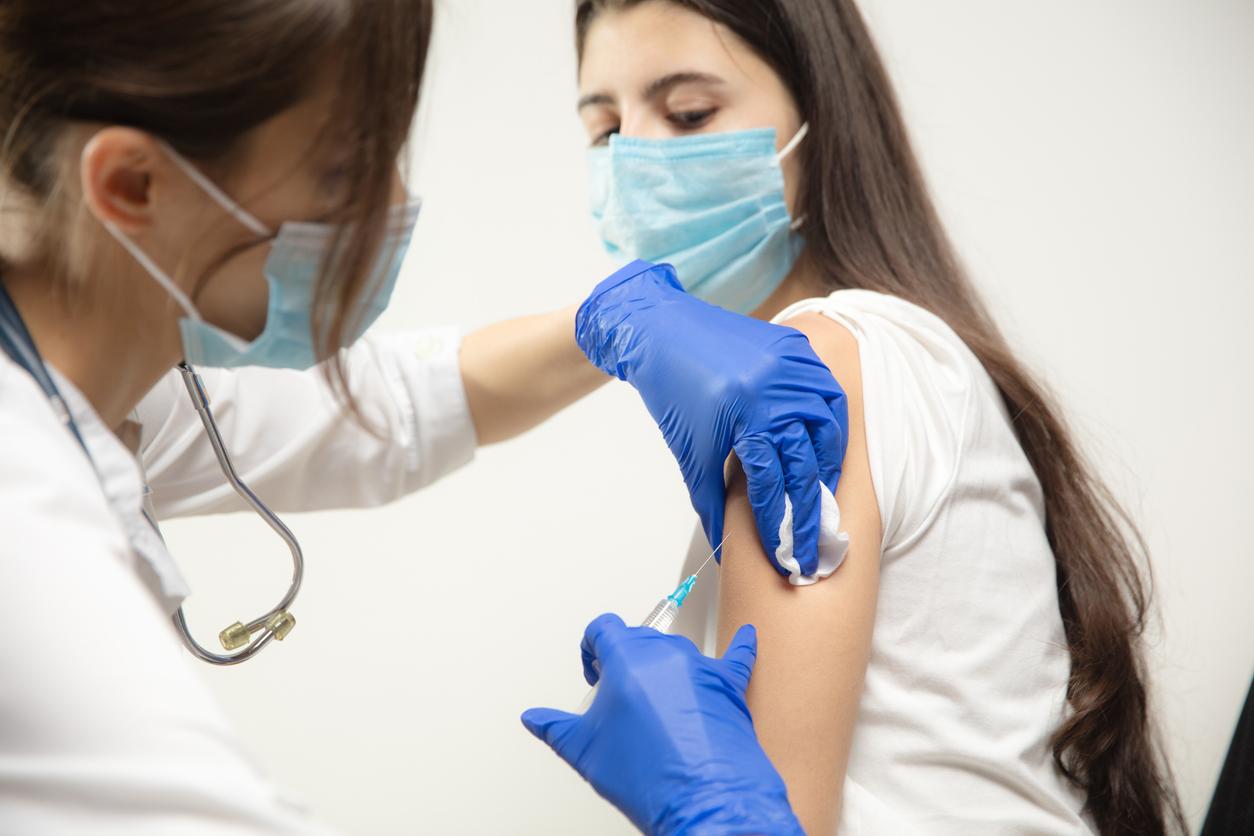The billionth dose of pneumococcal vaccine has just been delivered to Ethiopia. News which refers to the health challenges linked to climate change and the necessary mobilization, all over the world, against the spread of infectious diseases.

- Climate change increases the risk of the spread of new pathogens.
- Vaccination campaigns and prevention actions are being piloted in emerging countries.
- Preventing these new health risks requires the mobilization of all countries.
Viruses know no borders. The Covid crisis was a spectacular illustration of this, with a sort of global astonishment faced with the spread of a hitherto unknown pathogen. But borders do not protect against one of the causes of worsening health risks, climate change, which is now visible to all, while France and several European countries have just experienced extreme weather events.
As a result of these disruptions affecting our planet, there is a 60% increase in the risk linked to infectious diseases. The impact of this new global situation on flora and fauna, the growing human footprint in many regions of the world, and population movements, are increasing the risk of transmission of emerging diseases.
Global alert on Mpox
The latest example is Mpox, responsible for nearly 150 deaths in more than 110 countries. But in vain has the WHO triggered its highest level of global alert regarding the spread of this virus responsible for monkeypox and the French health authorities have insisted on the usefulness of a booster vaccination against smallpox, clearly , in our country, Mpox does not excite the crowds!
Obviously, the re-emergence of this virus mainly concerns certain regions of the planet which seem distant to us. Unless this indifference to the spread of the Mpox virus is the sign of a deeper evil, a tendency to withdraw into oneself, a desire to seek to cut oneself off from a world that is decidedly too anxiety-provoking.
The most affected emerging countries
Serious error, apparently: “It is worrying to see that in France, nothing is moving on this subject even though we must act quickly and everywhere,” deplores Professor Bruno Housset, pulmonologist. However, numerous actions have already been launched in many emerging countries, often the first and most affected by this deterioration in the health situation.
Notably those led by the Vaccine Alliance (GAVI) which has just announced the delivery to Ethiopia of the billionth dose of pneumococcal vaccine from the Pfizer laboratory while pneumonia remains the leading infectious cause of death among children. under five years old. A public-private partnership, GAVI brings together governments, international health organizations and vaccine manufacturers to promote equitable and sustainable access to these products against life-threatening diseases.
A health revolution
But can vaccination and treatment be enough? “We must strengthen the surveillance of climate-sensitive diseases such as malaria, cholera, dengue or chikungunya, it is not a question of altruism or benevolence, but rather an awareness that we share the same planet!”have just highlighted the representatives of the Vaccine Alliance in front of the 79th session of the United Nations General Assembly last September.
On the occasion of World Climate Day on November 8, a serious question can be asked: how can we preserve human health in the face of this immense challenge imposed on us by climate change? Prevention, research for new vaccines and treatments, all subjects on which the health professions and public authorities must mobilize. It is a real health revolution that they will have to manage in the face of one of the greatest public health challenges humanity is already facing.

















